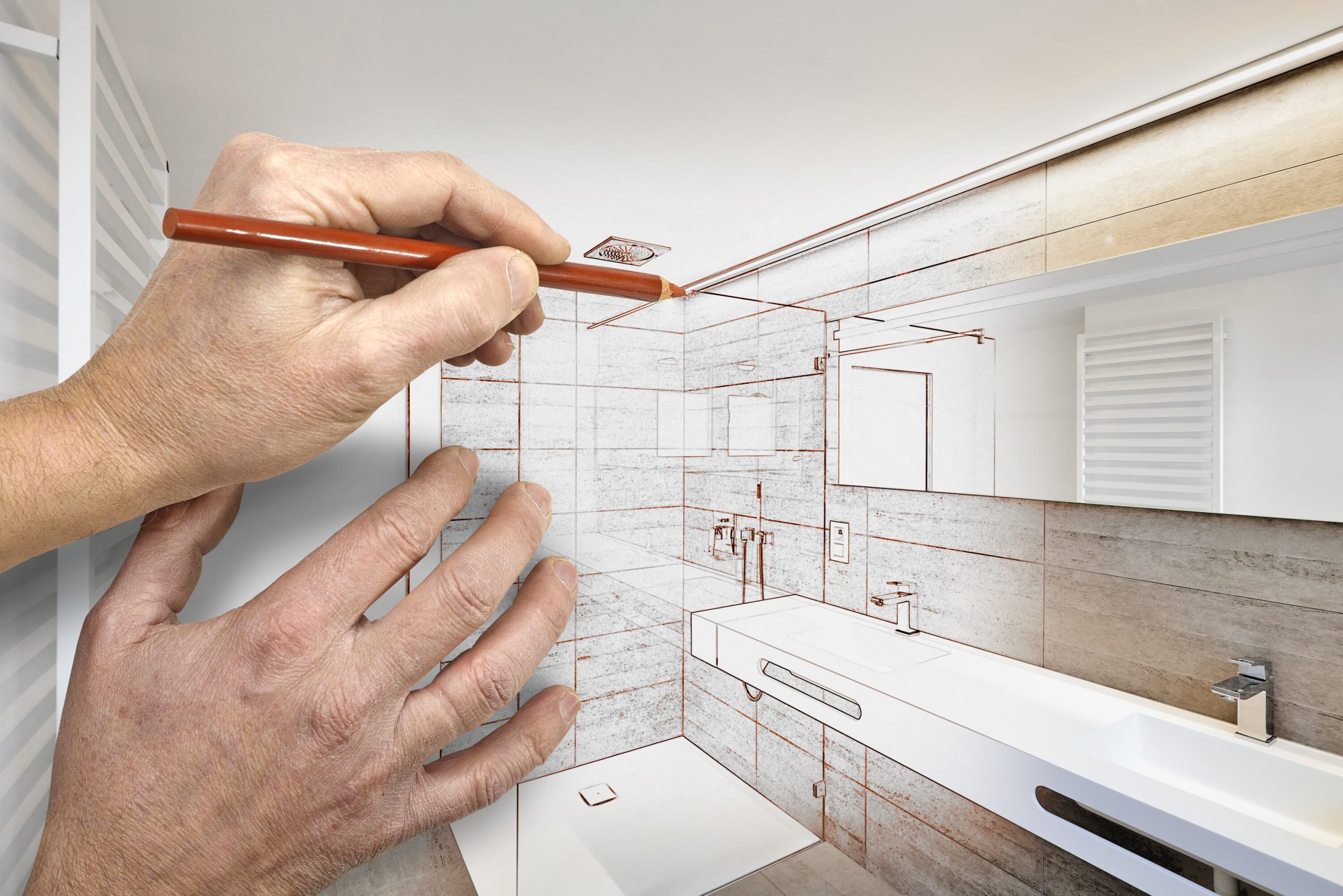
Sleep and Your HVAC
For your convenience you can listen to the article here:
Sleep is incredibly important to your health, happiness, and productivity. But it’s not just the number of hours you spend in bed that matter. The quality of your sleep matters too.
What you may not realize is that your home’s HVAC system can have a significant impact on the quality of your rest. Let’s take a look at the ways your HVAC can affect your sleep, for better and for worse.
Ideal Temperatures for Ideal Sleep
First off, the temperature of your bedroom can make a big difference in how well you sleep. Anybody who’s sweated through a hot summer night without air conditioning knows how true this can be.
But just avoiding a sweaty, uncomfortable night isn’t enough for ideal sleep. In fact, most people sleep better at lower temperatures than their thermostat is probably set for during the day.
According to the National Sleep Foundation, the idea sleeping temperature for most adults is 60-67 degrees Fahrenheit. That may sound rather chilly, but the Sleep Advisor.org explains that our body’s internal thermostat sets itself a few degrees lower when it’s time to fall asleep. This means that a cooler external temperature feels more comfortable to us. And it can help us fall asleep faster.
However, the ideal sleeping temperature does vary according to age. Elderly people and babies both need somewhat warmer temperatures for sleep, ideally about 66-70 degrees Fahrenheit.
Getting to Your Ideal Sleeping Temperature
At first glance, using your HVAC to get your bedroom to the ideal temperature seems simple. Just set the thermostat and you’re done, right?
But in reality, it can be a bit more complicated than that. For instance, you might have trouble remembering to set the thermostat back every night. In that case, a programmable or “smart” thermostat could be helpful. Program it to set back the thermostat every night a little before your regular bedtime, and your bedroom will be nice and cool when it’s time to hit the sack.
On the other hand, what about cost? Setting your thermostat back to 60-67 degrees at night in the winter will likely save you money, but setting it at that temperature in the summer could cost a lot more.
For summer nights, you might want to consider setting the temperature higher and using a ceiling fan to make up the difference. Running a ceiling fan lowers the perceived temperature in a room by about five degrees, so if you set your thermostat to 72 and run a fan, it’ll feel like 67.
Another potential issue is temperature variation. If your master bedroom is on the second floor, it may be warmer than the temperature at your thermostat downstairs. Or if you have a baby or multiple generations living in your home, you may need to have some bedrooms warmer than others. This is so that everyone can be comfortable.
In those situations, a zoning system can be extremely helpful. Zoned HVAC allows you to set the thermostat at different temperatures for different zones of your home. With a zoned system, you can make sure everyone is sleeping their best. This also avoids wasting money cooling your entire home just to cool down the upstairs bedrooms.
Reducing Noise to Improve Sleep
One negative way that your HVAC system could be affecting your sleep is by making too much noise. A loud HVAC unit can be very disruptive to sleep, especially if it’s located near the bedroom.
If your HVAC unit is located close to your bedrooms, you may want to consider replacing it with a newer unit designed for quiet operation. Many of today’s HVAC units use sound-dampening technology to reduce their decibel level.
Variable capacity models with inverter technology, such as the Daikin Fit, can actually be so quiet that you can’t even tell when they’re running. If the noise from your HVAC is disturbing your night’s rest, investing in a quieter system can pay big dividends in health and productivity.
Controlling the Humidity for Better Sleep
Indoor humidity levels can also have an effect on how well you sleep. The ideal indoor humidity level is generally between 30-50%.
If the humidity level in your home is too high, it can leave you feeling warm and sweaty or cold and clammy depending on the season. On the other hand, if the humidity is too low, you may find yourself waking up during the night with nosebleeds or a dry, scratchy throat.
The humidity level in your home can be controlled in two main ways. First, your air conditioner reduces humidity during the summer—but only if it’s the right size. Oversized air conditioners cycle too quickly to effectively control humidity. So if your home is too humid in the summertime, the first thing to do is make sure your air conditioner is the right size and working properly.
Next, you can directly control the humidity in your home by installing a whole-home humidifier or dehumidifier, depending on what kind of issue you have. This can not only improve your sleep but also help protect your home from issues like wood rot and mold.
Indoor Air Quality Affects Sleep Quality
The indoor air quality in your home—and particularly in your bedroom—can affect your sleep. If your indoor air is contaminated with allergens like pollen, dander, or mold spores, they can cause wheezing, coughing, and congestion. This can make it difficult to sleep well. High concentrations of chemicals like VOCs can cause headaches and other symptoms that hurt the quality of your sleep.
You can improve the air quality in your home by regularly changing your HVAC system’s intake air filter. Sealing ducts can cut down on dust and other pollutants. Regularly vacuuming and washing bedding can help too. Adequate ventilation, which may require an ERV in high efficiency homes, is important for air quality too.
Additionally, a whole-home air cleaner can remove many small particles and allergens from the air, improving the air quality both night and day.
See Also: Contact Us
Watch the Video here.


